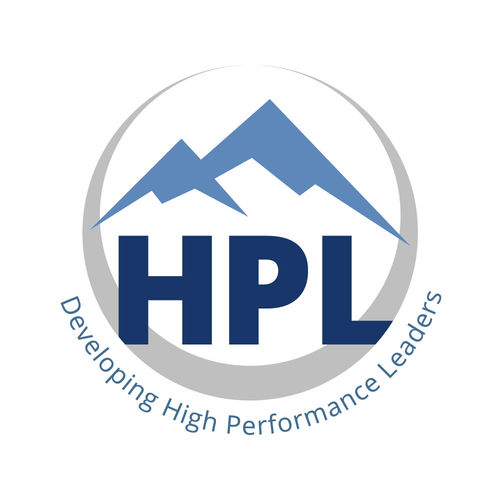
|
|
||
|
With every New Year, there is an opportunity for all of us to make a fresh start! Are you prepared to take it? This year, perhaps more than recent years, we all want things to be different!
Often due to our busyness or just plain procrastination, the hardest part is to get started, so I thought I'd try and assist you by providing some of my previous posts on topics that I think can be very helpful at this time of year.
Getting yourself Organized - Time management & weekly personal planning
6 Must have’s for any planning routine – If you are in need of getting yourself better organized so you stay in control and get the right things done, these 6 key points to incorporate in your planning process will be helpful.
An effective leaders to-do list – We all have “things” we need or want to get done on a regular basis, but often we lose track of them and they fall off our radar. This article gives an over view of a very powerful leader tool, that is sadly too often overlooked, not understood, or assumed to be only for manufacturing. Not giving it away here so as not to discourage you from checking it out first!
Free personal organizer/planner download – Free down load of the template I use for my personal organizer and weekly planner. If you don’t have one, this should give you a good starting point that is ready to use, or you can easily revise to fit your personal needs.
Leadership Hacks – Getting your stuff together – a 2.5 hour live virtual seminar with over 50+ proven tips and techniques to get yourself organized and stay in control without having to spend a career figuring it all out.
Setting goals and Objectives – Personal or for business
Reflections vs Resolutions – A critical step before setting annual goals and objectives is to first reflect on the previous year. In my opinion, reflection is far more important than any resolution. In this post we discuss why resolutions typically fail and the steps to conducting a good reflection.
Setting Personal and Professional Goals and Objectives – Mission Statements – Whether it’s for personal use or professionally, having a defined mission is very important. This article walks through what a mission statement is comprised of and provides a couple of personal examples to help demonstrate.
Setting Personal and Professional Goals and Objectives – Goals & Objectives – Providing both personal and organizational examples, this article outlines how to create strategies, goals and objectives.
Setting Personal and Professional Goals and Objectives – Tactics or Action Plans – Once again providing both personal and organizational examples, we review the steps to take to develop robust actions to achieve your goals & objectives. |
||
|
||
|
||
|
||
|

|
|
HPL Administrator 7 November 29, 2024 |

|
|
Sabrina Sommerville 1 August 15, 2024 |

|
|
Glenn Sommerville 45 June 6, 2024 |